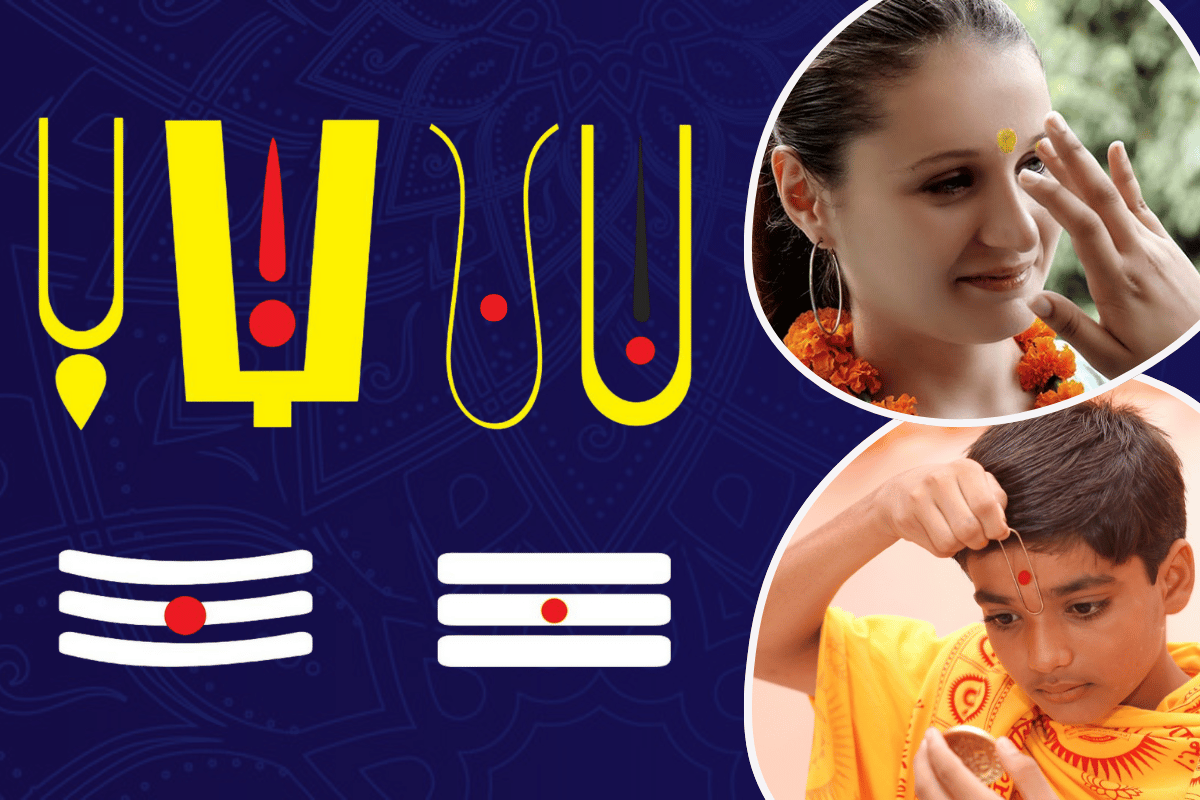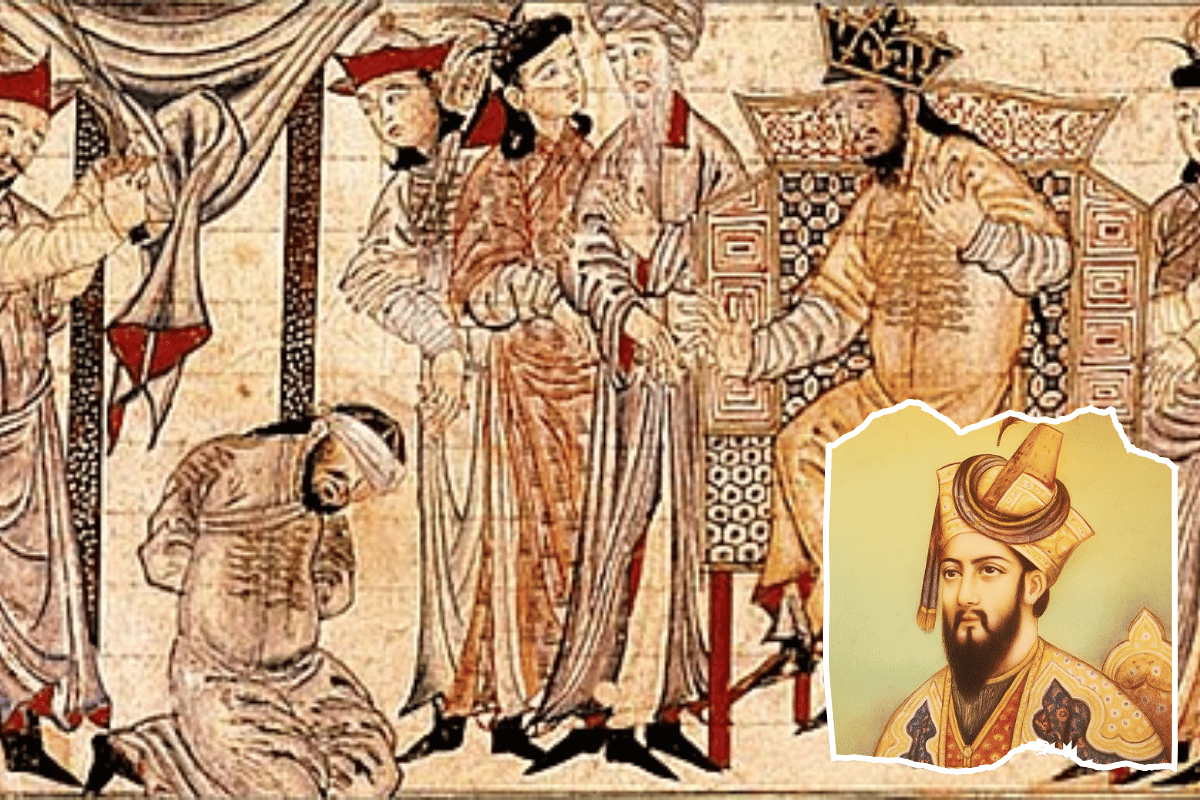
The United Nations (UN) has established a series of international instruments and declarations addressing human rights, with a particular emphasis on freedom of religion or belief. At the forefront of these efforts stands the Universal Declaration of Human Rights (UDHR), a pivotal document adopted by the UN General Assembly in 1948.

How well-acquainted are adherents of Hinduism with the principles enshrined in these articles?
- Article 18: Freedom of Thought, Conscience, and Religion:
- Every individual possesses the right to freedom of thought, conscience, and religion.
- This includes the freedom to change one’s religion or belief, as well as the liberty to manifest these beliefs privately or publicly, individually or collectively, in teaching, practice, worship, and observance.
- Article 19: Freedom of Expression:
- Every person enjoys the right to freedom of opinion and expression.
- This encompasses the freedom to hold opinions without interference and the ability to seek, receive, and impart information and ideas through any media, irrespective of frontiers.
- Article 2: Non-discrimination:
- All individuals are entitled to the rights and freedoms articulated in this Declaration without any form of distinction, such as race, color, sex, language, religion, political or other opinion, national or social origin, property, birth, or other status.
Source: Universal Declaration of Human Rights, United Nations, 1948
How actively do Hindus engage in discussions about human rights within their respective countries, understanding where their freedoms, rights and liberties are explicitly protected?
A prevailing issue emerges when people lack awareness of their rights and succumb to the misconception that the pursuit of wealth alone ensures freedom. This vacuum of awareness opens the door for demagogic social media activists who manipulate the discourse on human rights pertaining to Hindus on a global scale. Their assessment of whether Hindus have human rights seems contingent on the latest developments in North Indian politics, predicated on whether Hindus align with specific political biases, prejudices, or intersectional causes.
However, this contingency clause is selectively applied. Activists may passionately address Islamophobia without necessarily advocating with the same fervour for LGBTQ rights or minority rights in Muslim-majority nations where societal and state structures are deeply rooted in Islam. The concern is not with any specific religious group but with activists, often bearing Indian names, who demand that Indians and Hindus in the diaspora speak solely about the human rights they deem politically correct. Rarely do these activists raise their voices for the rights of Hindus not just within India and its neighbouring countries such as Pakistan, Bangladesh, Afghanistan etc. but also in regions where Hindu communities have little or no direct connection to India. In Indonesia, the constitution required Hinduism to shape itself into a monotheistic religion just to gain official recognition and rights. In the French territory of La Reunion, Hindus and Hinduism have been treated as lesser than Catholicism. Hindus have fought hard to gain recognition and re-instil a sense of dignity, pride and self-confidence which was stripped away by state and religious structures which claim to be in favour of universal human rights and equality before God but, in reality, have stripped away the human rights of Hindus and indigenous populations for millennia.
Hindus must start to speak up for the human rights of Hindus that fall outside of the subcontinental and Western diasporic contexts. While certain causes attract passionate advocates, the rights of Hindus living in countries where state structures are shaped by norms governing the “people of the book” deserve equal consideration.
Throughout history, human rights have been compromised as individuals were deemed ‘human’ only if they belonged to a particular religion. They could be civilised and redeemed through conversion, or else the fear of eternal hellfire was shown to them (perhaps as a way to help them see how equal they were in the eyes of a compassionate God).
Despite attempts by modern activists to portray Hinduism as antithetical to human rights, millions worldwide have and continue to face persecution for their beliefs, practices, or denominational affiliations. Entire civilisations have been erased by religious systems that now claim all humans are equal in the eyes of God. These frameworks, applying bigoted lenses to a rising India, aim to gaslight Hinduism and Hindus out of advocating for their fundamental rights to practice their faith peacefully and gain recognition for the prejudice, discrimination, and dehumanisation they endure.
We call on members of all religious faiths as well as academics and activists concerned about all things South Asia to speak up for the human rights of Hindus.









